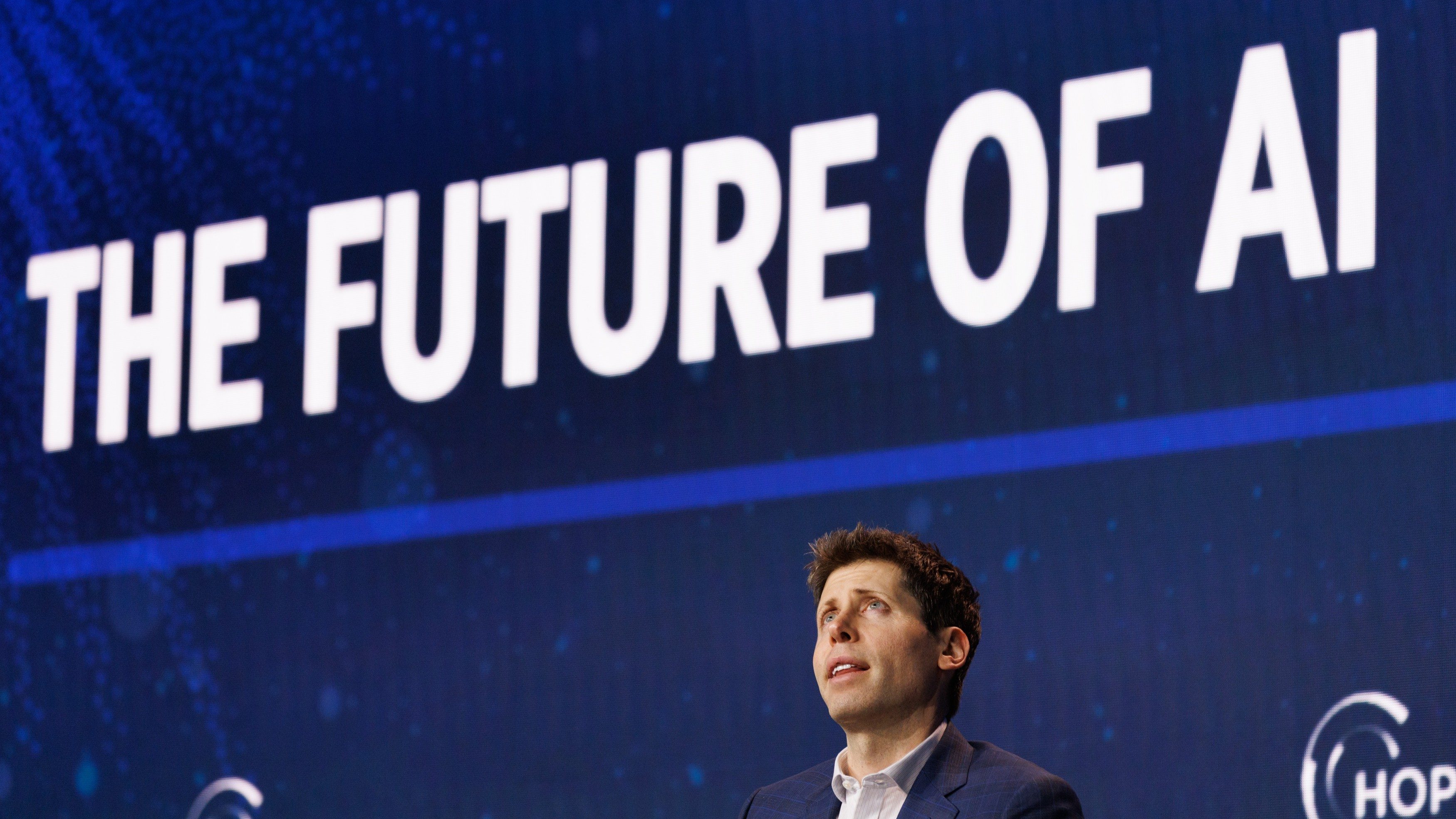
Generative AI has improved dramatically and is now being used in many areas, including technology, education, and healthcare. It’s come a long way from its early stages, when it was often unreliable and prone to making mistakes.
Leading AI companies such as Anthropic, OpenAI, and Google rely on information people share online to teach their AI systems, known as large language models. Recently, a report indicated that they’re facing a problem: a shortage of good quality data is hindering their ability to create even more powerful AI.
Artificial intelligence development is still facing the same old problems. A recent study from Cornell University found that large language models (LLMs) can experience a drop in performance – essentially, “brain rot” – if they’re trained on a lot of poor-quality data from the internet. This suggests that the quality of data used to train AI is crucial for maintaining its abilities.
The phrase “internet brain rot” describes what happens when people spend a lot of time looking at silly or unimportant things online. Research suggests this can actually harm our ability to think clearly, solve problems, and concentrate. The same appears to be true for artificial intelligence systems.
The researchers evaluated unwanted online content using two different methods. First, they looked at how much attention short, popular posts received. Second, they assessed the quality of the content itself, specifically focusing on posts that were poorly written and relied heavily on sensational headlines to attract clicks.
So, the researchers actually built a bunch of different datasets – some with mostly good information, and others with a lot of junk thrown in. They did this to really see how all that low-quality stuff affects large language models like Llama 3 and Qwen 2.5. As a fan, I’m really curious to see what they found out – it’s important to know how these models handle bad data!
This study aimed to find out how relying on a growing amount of poor-quality online content – like brief, trendy, or automatically created posts – affects artificial intelligence systems.
The study also showed a significant drop in AI accuracy when trained solely on poor-quality content, falling from 74.9% to 57.2%. The AI’s ability to understand long pieces of text was also greatly reduced, decreasing from 84.4% to 52.3%. Researchers found that continued training with this low-quality data would further diminish the AI’s thinking and understanding skills – a pattern they called a ‘dose-response effect,’ meaning the more bad data, the worse the performance.
The research showed that feeding the models a lot of poor-quality information caused them to become less ethically consistent, leading to a change in how they responded over time. This made them more likely to give wrong answers and generally less trustworthy.
When the models were fed inaccurate information, it disrupted their reasoning. Instead of carefully working through problems, they tended to jump to conclusions and produce shallow answers.
The Dead Internet Theory is turning into a reality

Recently, prominent tech leaders like Reddit’s Alexis Ohanian and OpenAI’s Sam Altman have been discussing the idea that the internet is becoming less human and more filled with AI-generated content – a concept known as the “dead internet theory.” This discussion has gained traction as AI becomes more capable of acting independently.
Steve Ohanian recently said that a lot of the internet feels broken now due to the increasing presence of bots and basic AI. But he believes a new kind of social media will appear, one where you can be sure you’re interacting with real people.
It really highlights how much of the internet feels lifeless these days—this idea that the internet is ‘dying,’ you know? A lot of what we see is either automated bots, something created by basic AI, or just low-quality content, especially on platforms like LinkedIn. Seeing real, live activity – like live viewers and genuinely new content – is incredibly important for keeping people engaged.
Reddit co-founder, Alexis Ohanian
OpenAI’s CEO, Sam Altman, appears to agree with the idea that the internet is becoming less authentic, suggesting we’re already seeing evidence of it. He also stated that a large number of accounts on X (formerly Twitter) are likely being run by AI language models.
A recent study by Amazon Web Services (AWS) found that over half (57%) of online content is either created or modified by artificial intelligence. This is causing problems with the accuracy and usefulness of search results.
Jack Dorsey, who co-founded and previously led Twitter, cautioned that it will become increasingly difficult to distinguish between what’s real and fake online. He explained this is due to advancements in image and video creation, including deepfakes, and advised people to be more careful and verify information for themselves to ensure it’s genuine.
Read More
- Survivor’s Colby Donaldson Admits He Almost Backed Out of Season 50
- Where Winds Meet: How To Defeat Shadow Puppeteer (Boss Guide)
- Best Controller Settings for ARC Raiders
- How to Build a Waterfall in Enshrouded
- Gold Rate Forecast
- Uncovering Hidden Order: AI Spots Phase Transitions in Complex Systems
- 1998 Fighting Game Secretly Re-Released After 27 Years With Rollback Netcode
- Everything Coming to Netflix This Week (October 20th)
- The Legend of Zelda Film Adaptation Gets First Photos Showcasing Link and Zelda in Costume
- Death Stranding 2: Best Enhancements to Unlock First | APAS Guide
2025-10-22 14:10